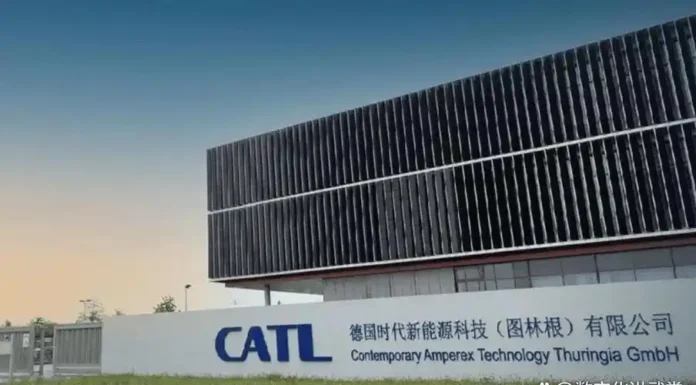CATL, the Chinese EV battery hegemon, is in talks to establish battery recycling facilities in Europe, Bloomberg reports. The initiative is being considered as the company prepares for battery cell production at its upcoming plant in Debrecen, Hungary, which is slated to begin operations in late 2025.
Jason Chen, CATL’s regional head for Europe, stated that talks are ongoing with European governments, including Hungary, to determine potential locations for the recycling facilities. The company aims to handle recycling operations locally to support its European manufacturing processes.
In addition to recycling, CATL is in early discussions with regional suppliers to secure raw materials within Europe. The recycling project could involve collaborations with existing local firms or CATL’s subsidiary, Guangdong Brunp Recycling Technology Co., report claims.
The upcoming plant in Hungary represents CATL’s most significant greenfield investment in Europe. The facility’s first phase is expected to produce 40 GWh of battery capacity annually, with plans to scale up to 100 GWh. The project is projected to employ up to 3,000 workers, with a preference for local hires.
No formal agreements have been finalized for the recycling operations, but CATL’s plans come amid increased European regulatory focus on battery sustainability and localization of supply chains.
Chen downplayed worries about the transition to electric vehicles despite some automakers, including Volkswagen and Mercedes-Benz – key clients of CATL’s Hungary operations – scaling back their electrification goals. Meanwhile, Swedish battery maker Northvolt is facing financial difficulties, with slower production growth and weaker demand leading to a funding shortfall.
“We have not observed significant effects so far, and we are not dependent on any single customer,” Chen said, describing electrification as an “irreversible trend.”
CATL’s main customers include Tesla, Volkswagen, Nio, Xpeng, Toyota, and Honda. CATL’s market share in China reached 42.8% in October as it installed 25.32 GWh of EV batteries, up 50.9% from last year, according to data monitored by China EV DataTracker.



